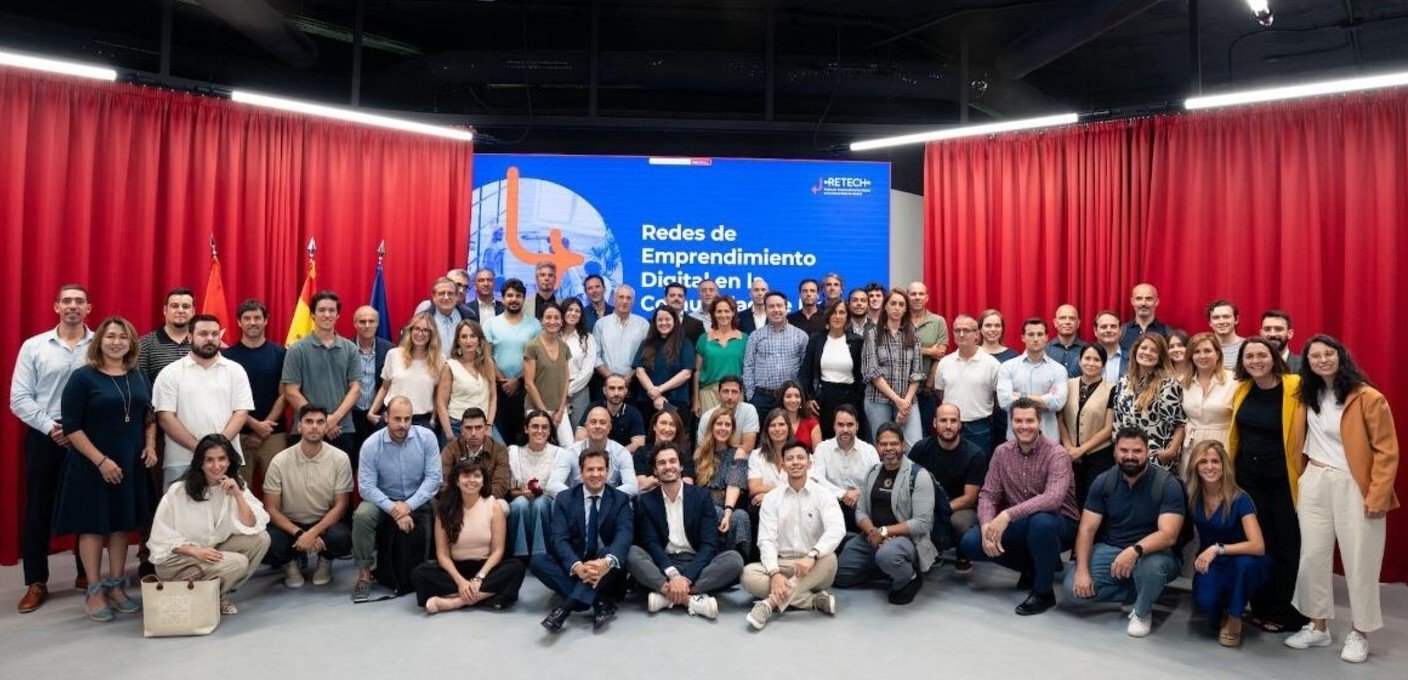The Governing Board has approved the service contract for the development of the new General Urban Planning Plan, which will come to life as the Urban Strategy 360. This project is part of the work being carried out for its drafting by the Urbanism, Environment, and Mobility Area and the Office of the New General Urban Planning Plan of Madrid. The initiative aims to develop an urban planning document and implement the Strategic City Simulator, an innovative digital tool that will help define the future of Madrid.
In February, the delegate of Urbanism, Environment, and Mobility, Borja Carabante, announced that the Municipal Government will draft and approve the Urban Strategy 360, which will regulate and define the city’s urban planning and address the three major challenges facing the city: housing, urban transformation, and sustainability. To support and promote this significant milestone in urban planning, the City Council has now approved this contract. With a budget of 14 million euros and a three-year execution period from the contract formalization, its implementation will enable the hiring of 38 specialists and technicians in urban planning, information technology, data management, and legal-economic aspects.
A comprehensive diagnosis plan
The contract is divided into two lots. The first, with a budget of 11.1 million euros, includes the development of the Urban Strategy 360 for the city of Madrid. This work requires a series of tasks that the awarded company will carry out under the municipal technical direction and in coordination with the teams of the second lot. Among these tasks, the elaboration of a comprehensive urban diagnosis stands out, based on a starting report and from a qualitative, quantitative, and environmental perspective, as well as the definition of possible scenarios and trends. The Urban Strategy 360 will be developed based on this diagnosis.
This urban planning document is expected to include a comprehensive content: the structure of the municipal area; the criteria and priority areas; protected lands; mobility structure and its infrastructures; a scheme of future urban development; definition of large open spaces, green areas, and facilities; guidelines for the design of urban developments and other municipal urban policies, and architectural and cultural interest groups subject to protection, among other issues. The areas of action and the strategy to be followed will be defined based on a strategic environmental assessment, the study of regulations, and the different scenarios opened up by the plan’s application.
An agile and understandable tool
This first lot also includes the implementation of the City Strategic Simulator, conceived as a 100% digital tool that will support the development of the Urban Strategy 360. It will respond to all needs that arise during this process in an agile, easy, and understandable way for citizens and other stakeholders involved in this task. Its work will be based on massive data and indicator analysis, georeferencing, and the application of artificial intelligence, natural language processing, or machine learning (a discipline that, through algorithms, identifies patterns in massive data and makes predictions).
On one hand, the Strategic Simulator must address each phase faced in the development of the Urban Strategy 360, and on the other hand, launch associated singular projects such as the development of models, augmented or virtual reality visualizations. This tool will be developed in coordination with the Madrid City Council’s Informatics (IAM) and Digital Office. Ultimately, the Strategic Simulator will be crucial in decision-making by analyzing and anticipating how they will affect and impact the city’s future.
A participatory strategy: from bottom to top and from outside to inside
The second lot, with a budget of 2.9 million for the three years of contract execution, aims to promote and boost participation, dissemination, and promotion of the Urban Strategy 360. All the work necessary to achieve one of the main objectives: to be elaborated with the maximum possible participation of citizens, companies, institutions, administrations, and especially young people, will be included here.
In this regard, the Urbanism Area has already established nine specialized working groups on the city’s main challenges. These groups have involved more than 500 individuals from the three administrations (City Council, Community of Madrid, and General State Administration), as well as associations, companies, and professional associations. Groups have also been set up in the 21 districts. Finally, the ‘Dream Madrid’ campaign and website have been launched, through which, in just one month, more than 530 people have submitted their proposals for the collective challenge posed by the elaboration of the Urban Strategy 360. /



